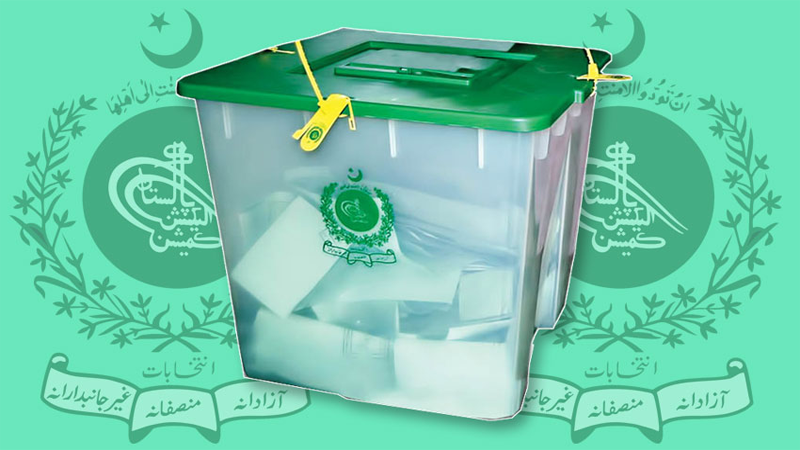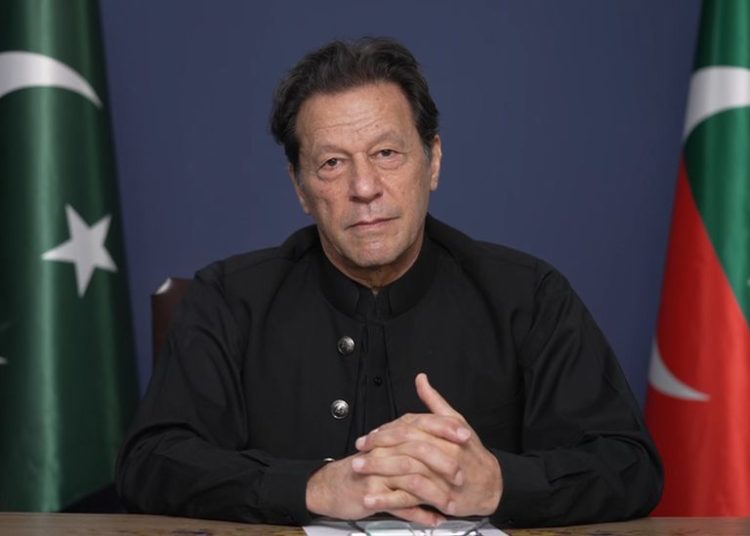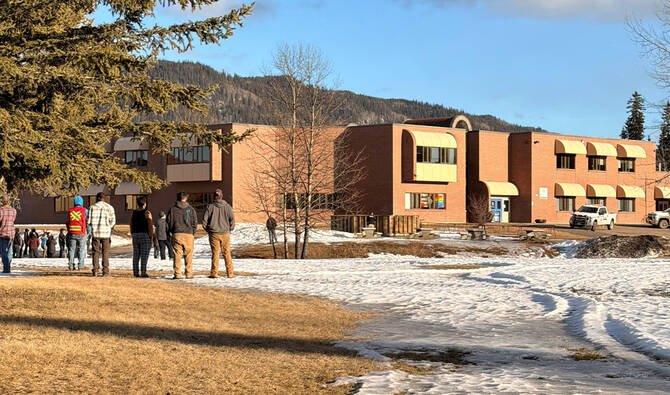The recent Pakistani elections have taken an intriguing turn with PTI’s claim of securing 180 National Assembly seats based on Form 45. While the official results are yet to be announced, this claim has ignited potential legal and political battles that could significantly impact the nation’s stability.
Contested Results and Legal Challenges:
Form 45, being the official document recording votes at each polling station, holds immense weightage in vote tallies. PTI’s claim based on this form could trigger legal challenges from other parties, especially if there are discrepancies with the final, official results. This could lead to protracted legal battles, delaying government formation and creating uncertainty.
Amplifying Political Tensions:
The potential for legal battles comes amidst an already charged political atmosphere. Accusations of rigging and unfair practices have been swirling since election day, further escalating tensions between PTI and its rivals. This volatile situation could worsen with contested results, potentially leading to protests, social unrest, and a further divide in the nation.
Impact on Economic and Social Stability:
Political instability often has a ripple effect on the economy and social fabric. Prolonged legal battles and heightened tensions could deter investments, disrupt businesses, and dampen economic activity. Additionally, social unrest and division could erode social cohesion and hinder progress on crucial social issues like education and healthcare.
Pathways Forward:
Navigating this complex situation requires a delicate balance:
- Transparency and Scrutiny: Ensuring transparency in the vote-counting process and addressing concerns raised by all parties is crucial to build trust and legitimacy in the results.
- Judicial Intervention: The judiciary plays a critical role in upholding the law and ensuring a fair and impartial resolution to any legal challenges. Timely and decisive interventions can help maintain stability and prevent further escalation.
- Political Compromise: While legal battles are pursued, political parties must strive for dialogue and compromise. Finding common ground and prioritizing national interests over individual agendas will be essential for restoring stability and ensuring a smooth transition of power.
The coming days and weeks will be crucial in determining the trajectory of Pakistan’s political landscape. Whether the nation can navigate these challenges and emerge with a stable government that prioritizes the well-being of its citizens remains to be seen. The choices made by political actors, the judiciary, and the people themselves will hold the key to Pakistan’s future.
Please, follow the YouTube channel of republicpolicy.com
















